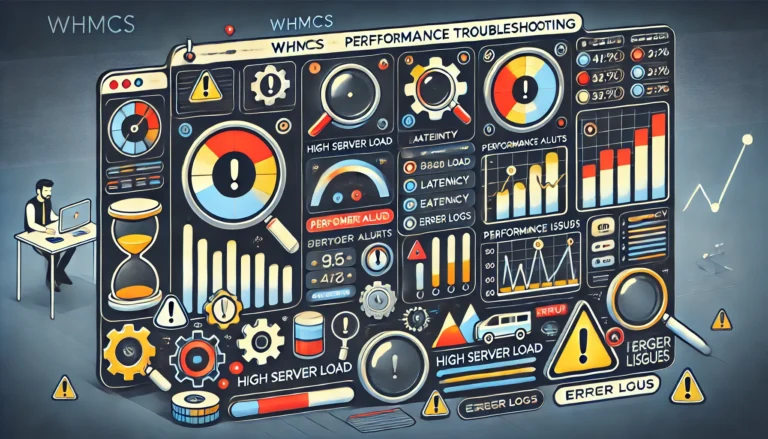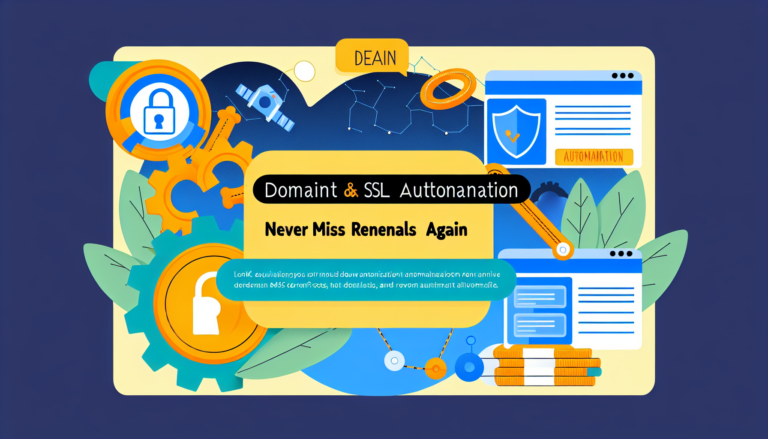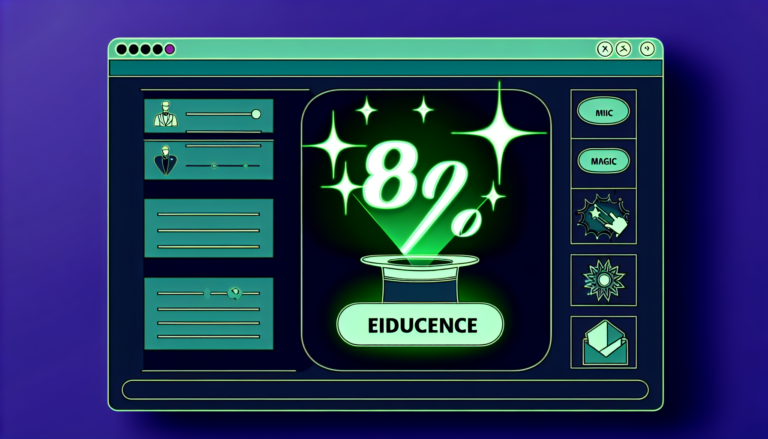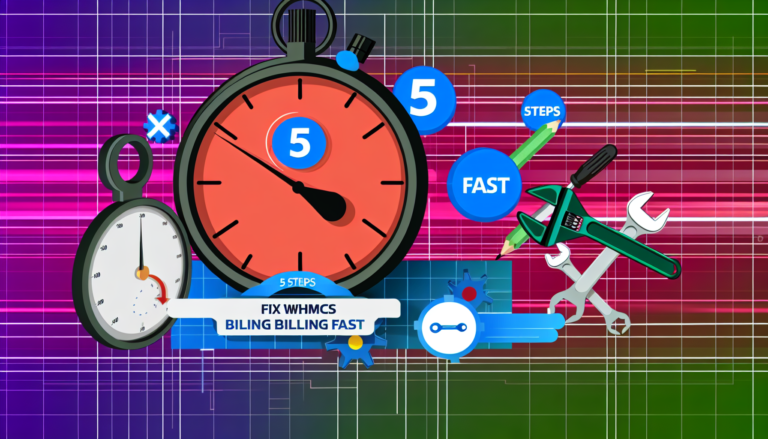Imagine a world where your website runs smoothly while also making a positive impact on the environment. Sounds like a win-win, right? Well, that's exactly what green web hosting offers.
In today's digital age, finding the best green web hosting is not only good for your site but also good for the planet.
By choosing a provider that uses green energy, you're reducing your carbon footprint while keeping your website up and running efficiently.
Curious to know how you can make a difference with your hosting choice? Let's dive in!
What is Green Web Hosting?
Green web hosting is a revolutionary approach to powering websites that prioritizes environmental sustainability.
Unlike traditional web hosting services, green web hosts leverage clean, renewable energy to run their servers and data centers.
At its core, a green web host operates on a simple yet powerful principle: harnessing renewable energy sources such as solar, wind, and hydroelectric power to fuel energy-hungry data centers.
These green data centers are designed with energy efficiency in mind, employing cutting-edge technologies to minimize waste and maximize performance.
Green hosting encompasses a holistic approach to sustainability in the digital realm, including:
- Using energy-efficient hardware
- Implementing advanced cooling systems to reduce energy consumption
- Practicing responsible e-waste management
- Investing in carbon offset programs to neutralize unavoidable emissions
For businesses and website owners, choosing a green web hosting provider isn't just an environmental decision—it's a smart business move.
It allows companies to align their digital presence with their sustainability goals, appealing to increasingly eco-conscious consumers while often enjoying the same or better performance as traditional hosting solutions.
The Environmental Impact of Web Hosting
Did you know that the internet has a big carbon footprint?
Traditional web hosting companies use huge amounts of energy to keep their servers running in data centers.
This high energy consumption leads to large amounts of greenhouse gases being released into the atmosphere.
Energy Consumption in Data Centers
Data centers, the physical homes of web servers, are voracious energy consumers.
These facilities run 24/7, ensuring websites and online services are always accessible.
According to recent studies, data centers account for approximately 1% of global electricity use, translating to billions of kilowatt-hours annually.
Here's a breakdown of energy usage in a typical data center:
- Servers and Storage (50%): The actual computing equipment
- Cooling Systems (30%): Keeping the hardware from overheating
- Power Distribution (10%): Ensuring stable power supply
- Other (10%): Lighting, security systems, etc.
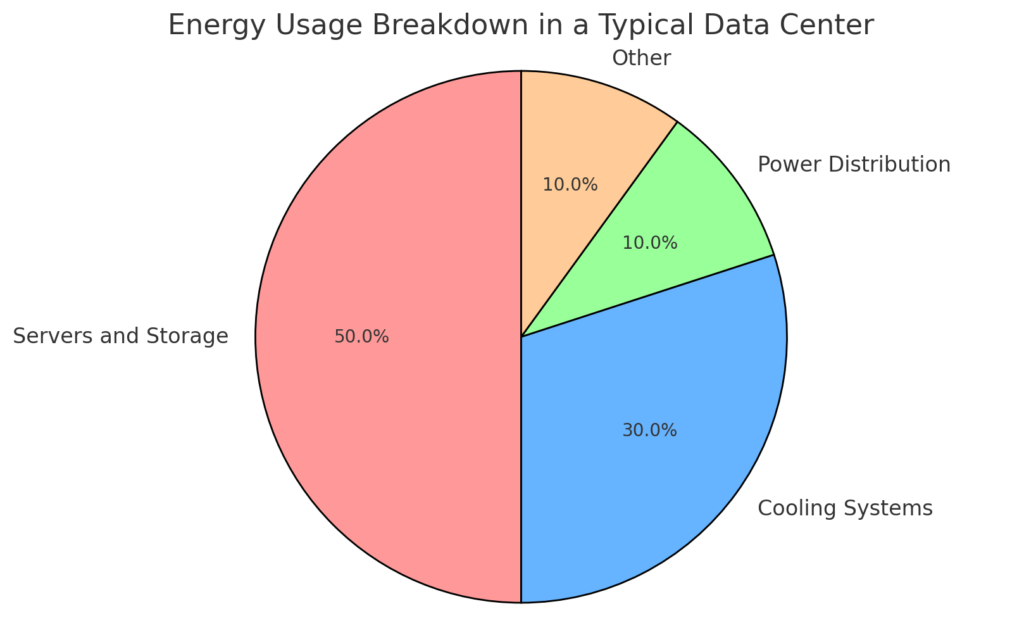
Carbon Footprint of Traditional Hosting
The carbon footprint of web hosting extends beyond energy consumption.
When we factor in the source of this energy often fossil fuels the environmental impact becomes even more pronounced.
A single server can produce up to 1,390 pounds of CO2 annually, equivalent to driving a car for 1,500 miles.
Consider this sobering statistic: If the internet were a country, it would be the 6th largest consumer of electricity globally.
This underscores the importance of using tools like a website carbon footprint calculator to understand and reduce your digital environmental impact.
E-Waste from Outdated Hardware
Another often overlooked aspect of web hosting's environmental impact is e-waste.
The rapid pace of technological advancement means servers and other hardware quickly become obsolete.
In 2019 alone, the world generated 53.6 million metric tons of e-waste, and only 17.4% was recycled properly.
Benefits of Green Web Hosting
Green web hosting offers numerous benefits, both for the environment and for businesses:
- Reduced Carbon Emissions: By using renewable energy sources, green hosts significantly decrease CO2 emissions.
- Energy Efficiency: Green data centers often employ the latest energy-efficient technologies, reducing overall energy consumption.
- Support for Renewable Energy Projects: Many green hosting providers invest in or directly support renewable energy initiatives.
- Positive Brand Image: Using a green web host can enhance a company's reputation as an environmentally responsible business.
- Potential Cost Savings: While initial costs may be similar to traditional hosting, long-term energy efficiency can lead to savings.
- Compliance with Environmental Regulations: As environmental laws become stricter, green hosting can help businesses stay compliant.
- Improved Server Performance: Many green hosts use the latest, most efficient hardware, which can translate to better performance.
How Green Web Hosting Works
Green web hosting operates on several key principles:
Renewable Energy Sources
Green web hosts power their data centers using renewable energy sources such as:
- Solar Power: Converting sunlight into electricity
- Wind Energy: Harnessing wind power through turbines
- Hydroelectric Power: Generating electricity from flowing water
Some hosts directly use these sources, while others purchase Renewable Energy Certificates (RECs) to offset their energy use.
Energy-Efficient Hardware and Cooling Systems
Green data centers often feature:
- High-efficiency servers that consume less power
- Advanced cooling systems like liquid cooling or free cooling
- Smart power distribution units (PDUs) to optimize energy use
Carbon Offsetting Programs
Many green hosts participate in carbon offsetting programs, investing in environmental projects to neutralize their unavoidable emissions. These might include:
- Reforestation initiatives
- Methane capture projects
- Investments in renewable energy infrastructure
Top Green Web Hosting Providers
Several companies have emerged as leaders in the green web hosting industry:
- GreenGeeks: Known for their 300% renewable energy match
- A2 Hosting: Offers carbon-neutral hosting through offsets
- DreamHost: Uses high-efficiency cooling and renewable energy credits
- iPage: Partners with environmental organizations for sustainability
When choosing a green web host, consider factors like:
- Renewable energy sources used
- Energy efficiency measures
- Carbon offset programs
- Performance and uptime guarantees
- Customer support quality
Choosing the Right Green Web Host
Selecting the right green web hosting provider requires balancing environmental considerations with your hosting needs:
- Verify Green Credentials: Look for certifications or partnerships with environmental organizations.
- Check Performance Metrics: Ensure the host offers good uptime, speed, and reliability.
- Assess Scalability: Choose a host that can grow with your website's needs.
- Evaluate Support Options: Good customer support is crucial for any hosting service.
- Compare Pricing: While green hosting is competitively priced, compare plans to ensure value.
- Read User Reviews: Look for feedback from current customers about their experiences.
Remember, the “greenest” host isn't always the best choice if it can't meet your website's performance needs. For instance, if you're running an e-commerce site, you'll need a host that can handle high traffic and secure transactions in addition to being eco-friendly.
The Cost of Green Web Hosting
Contrary to popular belief, green web hosting is often competitively priced compared to traditional hosting:
- Initial Costs: Many green hosts offer plans at similar price points to conventional hosts.
- Long-Term Savings: Energy efficiency can lead to cost savings over time.
- Value-Added Benefits: Consider the marketing value of using a green host.
Here's a comparison of average monthly costs for shared hosting plans:
| Hosting Type | Average Monthly Cost (Shared Hosting) |
|---|---|
| Traditional | $3 – $10 |
| Green | $3 – $12 |
While green hosting may have a slightly higher upper range, the difference is often minimal, especially considering the environmental benefits.
Setting Up Your Website on a Green Host
Migrating to a green web host or setting up a new site is typically straightforward:
- Choose a Hosting Plan: Select a plan that fits your needs and budget.
- Register or Transfer Your Domain: If you're migrating, you'll need to transfer your domain to the new host.
- Set Up Your Hosting Account: Follow the host's instructions to set up your account.
- Install Your CMS: Many hosts offer one-click installations for popular CMSs like WordPress.
- Migrate Your Content: If you're moving an existing site, transfer your files and database.
- Test Your Site: Thoroughly test your site to ensure everything is working correctly.
Tip: Many green hosts offer free migration services, making the switch even easier. If you're comfortable with technical tasks, you might also want to integrate Git with your Linux hosting for better version control of your website files.
Green Web Hosting and SEO
Using a green web host can potentially benefit your SEO efforts:
- Site Speed: Many green hosts use efficient, modern hardware, which can improve site speed—a crucial SEO factor.
- Uptime: Reliable green hosts ensure good uptime, another important SEO consideration.
- Google's Green Initiatives: While not a direct ranking factor, Google has shown support for green initiatives.
- Brand Reputation: Being environmentally responsible can enhance your brand image, potentially leading to more backlinks and social shares.
For those looking to optimize their website further, consider implementing a back to top button to improve user experience, which indirectly affects SEO.
The Future of Green Web Hosting
The future of green web hosting looks promising:
- Increased Adoption: As environmental concerns grow, more businesses are likely to switch to green hosting.
- Technological Advancements: Expect improvements in energy efficiency and renewable energy technologies.
- Potential Regulations: Governments may introduce regulations favoring or mandating green hosting practices.
- Integration with Edge Computing: Green hosting principles may extend to edge computing networks.
As the web hosting industry evolves, we can expect to see more innovative solutions that combine performance with sustainability.
Conclusion: Why Green Web Hosting Matters
Green web hosting represents a crucial step towards a more sustainable digital future.
By choosing a green web host, you're not just getting a service you're making a statement about your commitment to environmental responsibility.
Key takeaways:
- Green hosting significantly reduces the carbon footprint of websites.
- It's competitively priced and often offers performance on par with or better than traditional hosting.
- Using a green host can enhance your brand's image and potentially benefit SEO.
- The future of web hosting is likely to be increasingly green as environmental concerns grow.
As we continue to rely more heavily on digital technologies, the importance of sustainable practices in this sector will only increase.
Green web hosting offers a practical, accessible way for businesses and individuals to contribute to a more sustainable internet.
By making the switch to green web hosting, you're not just powering your website you're powering change. Consider making the environmentally friendly choice for your next web hosting decision and be part of the solution in creating a greener, more sustainable digital world.
FAQs About Green Web Hosting
What is a green hosting provider?
A green hosting provider is a web host that uses renewable energy sources to power its data centers and implements eco-friendly practices to minimize its environmental impact.
What is a green website?
A green website is one that is hosted on servers powered by renewable energy and designed with energy efficiency in mind, often incorporating sustainable design principles.
What are the benefits of green hosting a website?
Benefits include reduced carbon emissions, support for renewable energy projects, potential cost savings, and a positive brand image for environmentally conscious businesses.
Is GoDaddy a green hosting?
Is GoDaddy a green hosting?
Remember, whether you're running a personal blog, an e-commerce site, or a business website, green web hosting is a choice that benefits both your online presence and the planet.

